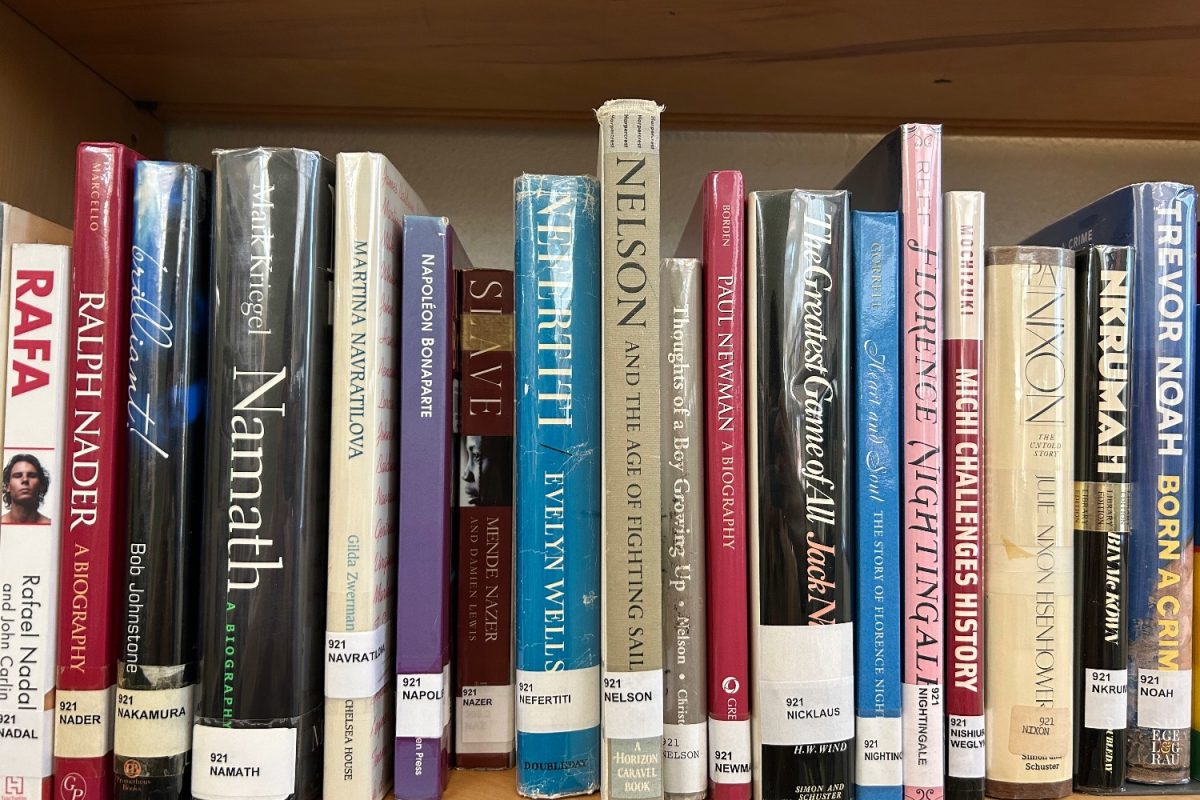After previously choosing to separate books about race, gender, and sexuality at elementary school book fairs, children’s book publisher Scholastic has rescinded this policy due to receiving criticism from parents, educators, and authors.
The company originally deemed 64 titles optional for book fairs, spurred by the recent rise of state laws that regulate content in schools.
Among these titles include the biographies of Supreme Court Justice Kentaji Brown Jackson and civil rights activist John Lewis, as well as a picture book showing different family types, including families with adoptive or same-sex parents.
This collection of 64 books was called the “Share Every Story, Celebrate Every Voice” catalog, and book fair organizers could choose whether they wanted to opt out of all or some of the titles.
However, this collection does not consist of all the diverse titles that Scholastic has to offer, a common misconception made after Scholastic announced its new, separate catalog.
On Oct. 14, Scholastic made an online statement to clarify this misconception and explain its decision to separate the diverse titles in the catalog.
The publisher stated that legislation in more than 30 U.S. states prohibiting books on topics such as LGBTQIA+ or racism is putting the company in “an impossible dilemma:” It can either “back away from these titles or risk making teachers, librarians, and volunteers vulnerable to being fired, sued, or prosecuted.”
A recent example of such regulation is Florida’s new law in which schools in Broward, St. Lucie, Miami-Dade, Sumter, Lake, and Brevard Counties require parents to fill out permission slips for their kids to attend book fairs.
Scholastic shared that its goal with making this catalog a separate list was to help educators navigate the rising number of often vaguely worded laws in states with conservative leaders.
“We don’t pretend this solution is perfect,” Scholastic said in a press release. “But the other option would be to not offer these books at all, which is not something we’d consider.”
However, Scholastic received fierce backlash from the public regarding its decision. Educators, book fair organizers, authors, and parents felt the publishing company was caving for censorship.
Many voices came to the frontlines on social media or online petitions to express how they wished Scholastic could take a stand against the legislation and offer the books despite such policies being in place.
“Reading books is a good way for students to learn about people different from them, to help them be more empathetic, or maybe to help individuals understand themselves better,” said Annie Kondo, a previous book fair organizer at Fox Elementary School. “That’s why when you hear that there is legislation regulating books of ‘controversial content,’ it is disheartening.”
Because states with restrictive curriculum laws, including Florida, represent a prominent market for educational publishers, Scholastic and other companies have found themselves swept up in discussions about the ideal response to these new regulations.
However, this is not the kind of discussion in which the answer is served on a silver platter.
“When you look at a company like Scholastic, it’s not a California company. It’s a national company. It has to do its very best to address the needs of everybody: the needs of the people in Florida, the needs of the people in New York, Texas, the Dakotas, all of that,” said Dina Cousin, an Ethnic Studies teacher at Carlmont High School.
By making the “Share Every Story, Celebrate Every Voice” catalog optional to include at book fairs, Scholastic was trying to accommodate those who support more conservative educational laws.
Nevertheless, as it tried to come up with the ideal response to the wave of legislation, Scholastic also recognized that some feel these new regulations limit the education of students.
“Sequestering books on these topics risks depriving students and families of books that speak to them,” said Suzanne Trimel, a communications and media advisor for the free speech organization PEN America. “It denies the opportunity for all students to encounter diverse stories that increase empathy, understanding, and reflect the range of human experiences and identities which are essential underpinnings of a pluralistic, democratic society.”
On Oct. 21, after receiving criticism for weeks, Scholastic sent a letter to its authors and illustrators, apologizing for any trouble it caused and promising to work to regain the trust of its publishing community.
“Even if the decision was made with good intention, we understand now that it was a mistake to segregate diverse books in an elective case,” wrote Ellie Berger, the president of Scholastic’s trade publishing division.
In a statement, PEN America, who had opposed Scholastic’s original policy, commended the publisher’s decision to pivot from the isolation of the 64 titles.
“In an environment of growing censorship, publishers have a dual obligation to both fight it and to make books as maximally available as possible,” said Trimel. “We were glad to see Scholastic change course and take the necessary first step in safeguarding the freedom to read across schools and publishing.”












